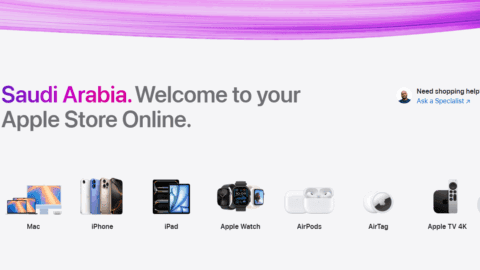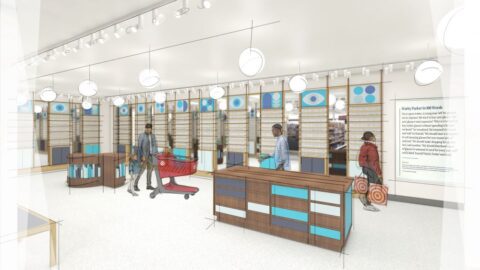Rarely one to stay in the same place before trying out a new concept, Apple is making some tweaks to its brick-and-mortar retail business. The tech giant will be implementing three new retail positions within U.S. and UK stores, according to a report from MacRumors, including:
-
Pro, a sales position above the traditional “Expert”;
-
Creative Pro, a creative position considered to be the most knowledgeable about Apple products and service; and
-
Technical Expert, a customer support position with training levels and duties in-between “Technical Specialist” and “Genius,” providing mobile repairs and troubleshooting for software and products such as the Apple Watch and Apple TV.
Additionally, Apple will be renaming existing employee positions and renovating more stores to reflect its new layout design. With iPhone sales declining for three straight quarters, the business is shaking up its retail side to rely less on hardware, even going as far as to remove the word “store” from its actual store branding efforts.
While some of these changes are essentially cosmetic, they indicate Apple’s awareness of the changing role of the retail store. Apple appears to be doing what many others need to do in order to reel consumers into the physical space: create an experience that people want to return to.
The brand is doing something right: In an era where mall shopping continues to decline, Apple still draws so many shoppers through its experiences that its stores lift sales by 10% at the malls in which they operate, according to Green Street Advisors.
While creating an experience that transcends the store itself may be easier said than done for many retailers, Apple illustrates the importance of integrating its products with the customer service experience. This makes the training of the store associate — or in this case the “Expert,” “Pro” or “Creative Pro” — such a critical component in building a fun, engaging experience. These associates aren’t just familiar with the products they’re working with; they use them at home and are often adept at managing every setting and feature the technology provides.
Whether a retailer sells electronics, home furnishings or apparel, it needs to gear its training methods so that new associates gain knowledge of the products they sell, all while being able to help with requests on demand.
Apple competitor Samsung has carried out the integration of products and experience in its own way, building out its multi-level Samsung 837 store model where shoppers can’t actually buy anything. The store model instead offers a significant focus on product demonstrations, interaction with trained service technicians and events. Of course, Samsung isn’t going to model every location this way any time soon, but the lesson here is that this brand understands that there are many more ways for a consumer to buy a product beyond the physical store. As e-Commerce continues to grow and bring added convenience to the shopper’s journey, retailers now must continue to find ways to prioritize the non-purchasing aspects of their brick-and-mortar businesses.












